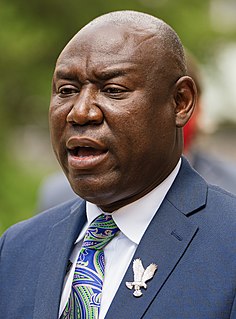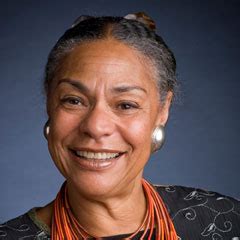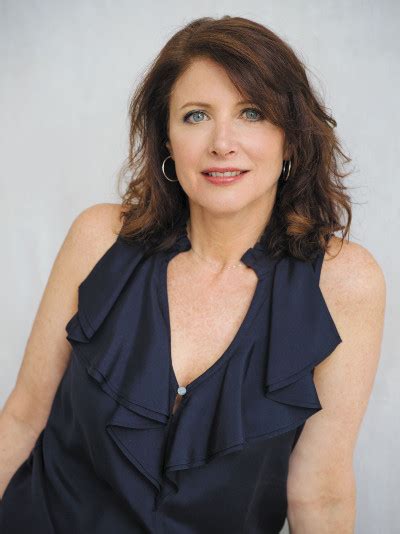A Quote by Janet Mock
Women are so policed and devalued and dehumanized when it comes to the work they do.
Related Quotes
There's more empathetic representations than we're used to seeing. I honestly feel like in the early days of Hollywood, women did have those. Women had very traditional roles in society of wife and mother, but when they went to the movies, they got to see women be, like, really cool, amazing characters and femme fatales and all of this. And then there was just this systemic reaction where it was all about, "How do we make money?" And everybody wants to sell things to boys. And then women's entertainment became devalued in a way that I think is disrespectful and hurtful.
To me, love, spirituality and life are all the same thing. To me they're all about honoring the circle, and they're just different ways of defining the same understanding. Our society as a whole, because we have placed our love for money above our love for life, has devalued the sacred and devalued love.
As long as the "woman's work" that some men do is socially devalued, as long as it is defined as woman's work, as long as it's tacked onto a "regular" work day, men who share it are likely to develop the same jagged mouth and frazzled hair as the coffee-mug mom. The image of the new man is like the image of the supermom: it obscures the strain.
Radicalism usually prospers in the gap between rising expectations and declining opportunities. This is especially true where the population is young, idle, and bored; where the art is impoverished; where entertainment—movies, theater, music—is policed or absent altogether; and where young men are set apart from the consoling and socializing presence of women.
Women are more than 50% of almost every country in the world. Countries rob themselves of the resources of women if they keep them as property. It isn't that women can't find work. It's just that women don't get paid for their work and are not recognized properly. It's something that has to be on the international agenda all the time.
Women have to make a living. We don't live in a wealthy world where we even have a choice. We're losing our choice of whether or not we need to work. If we want to work, we obviously should work and have that choice, but a lot of women can't even get to the word "want." They need to work. And it's great to see women who needed to work and found a way to become a firefighter or a steel worker. That, to me, is very exciting.
I stand on the shoulders of giants that have gone before me, in terms of affording people like myself, women, the access to democracy, the vote, medical treatment, education, everything that I've been given. It's all been earned. Therefore I feel it's incumbent on me personally to just contribute something, to add to a collective voice that needs to be here right now, to build it up to a tipping point, to make the world aware that women's rights still have to be addressed and that the word 'feminism' has been devalued and needs to be reclaimed.






































